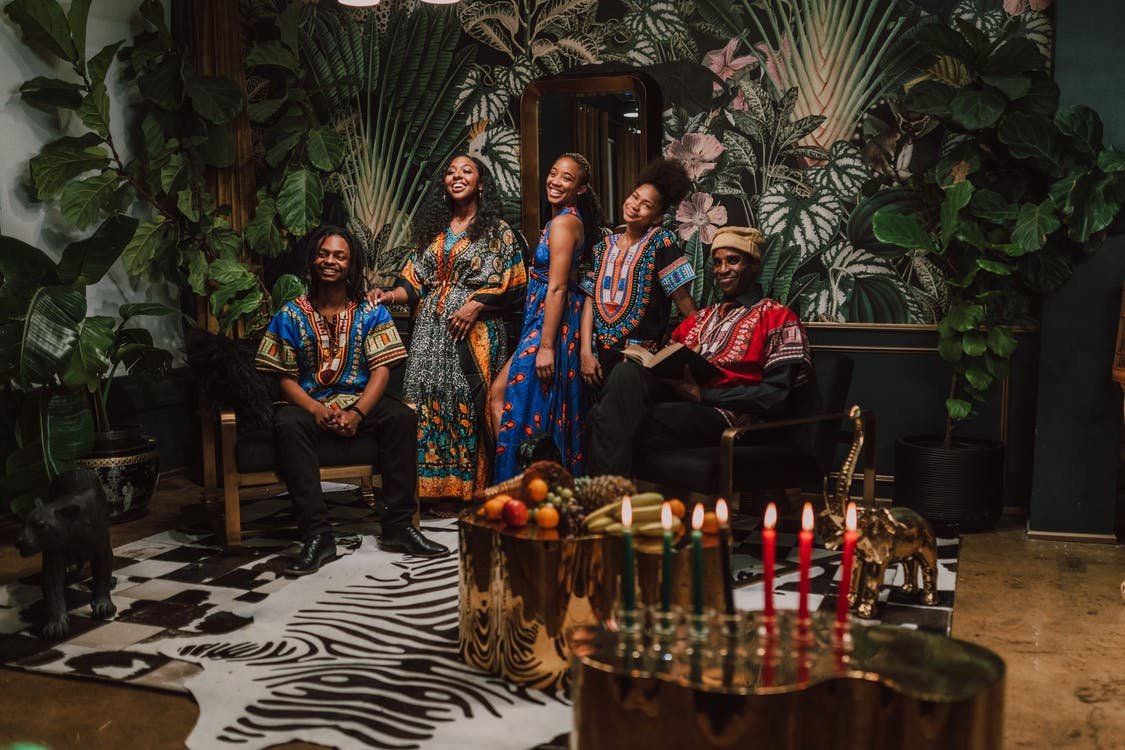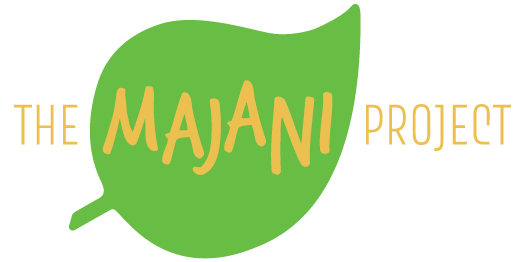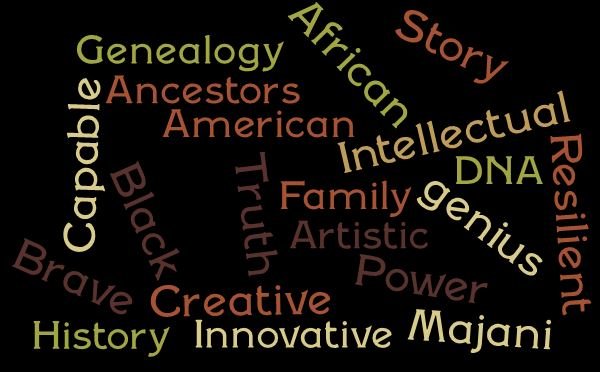
About Us
This is something special.
Who We Are
Majani is Swahili for leaves, and the Majani Project creatively engages learners of all ages to discover the other leaves on their branch of the (human) family tree.
Our Mission
Our goal is to introduce the African diaspora to genealogy—both family history and genetic genealogy.
Our Vision
We want the Majani Project to be a catalyst for learners to develop the strong sense of self (identity) that is fundamental to success in any field.
New!
Majani Project is collaborating with our international partners to develop a Heritage Learning Center in Accra, Ghana. We envision this as a space to build a sustainable regional network for collaborative heritage management, historical inquiry, and community storytelling. Visitors will gain practical experience in oral-history collection, digital archiving, and public interpretation.
The Center will also host periodic dialogues and exhibitions that connect local audiences with diaspora communities, fostering mutual understanding and reconciliation.
Click the DONATE button at the top to support this initiative!
Aungelic “Gigi” Nelson
Meet Our Founder
Aungelic “Gigi” Nelson, Founder and Executive Director of the Majani Project, discovered genealogy in college, and a lifelong interest was born. Though she obtained both her BA and MA in American History, began a career as a college professor, and later became a military historian for the Air Force, genealogy was always her main interest. When she relocated to Washington DC in the fall of 2017, her proximity to the National Archives further enhanced her study of family history (perfect access to Federal records!) She is currently working on becoming a board-certified genealogist and her work now includes actively reconnecting the African diaspora to the African continent.
Board Members & Advisors
Rev Gayle Fisher-Stewart, Ph.D.
Robert Caldwell, Ph.D.
Michael Lewis
Marybeth Craddock
Maggie Laws


